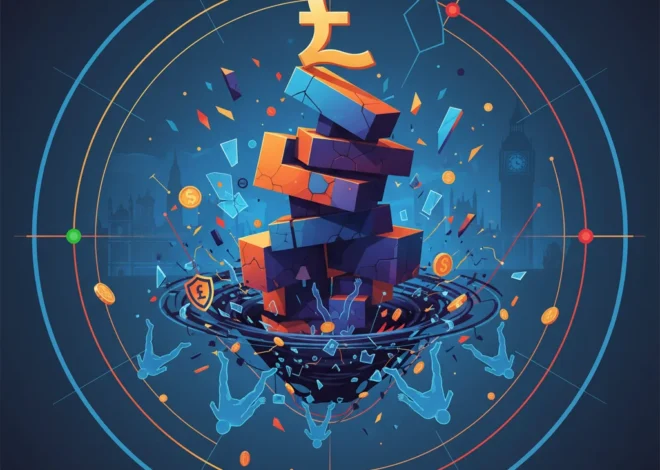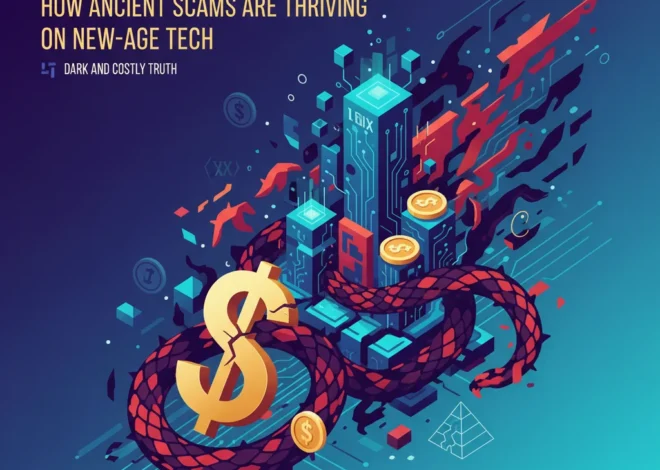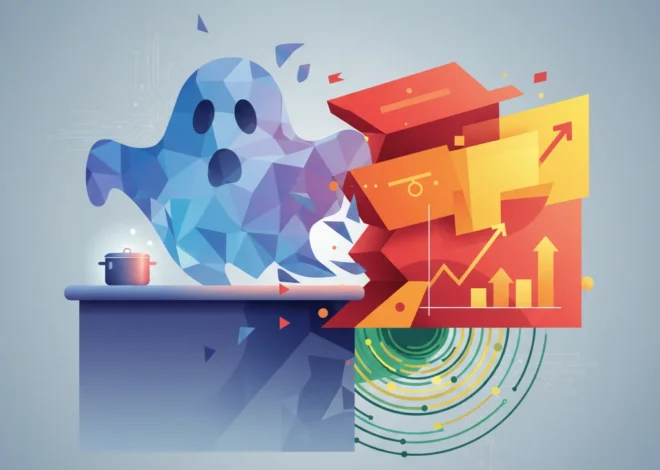The Pessimism Paradox: Why We Feel the Economy is Broken and AI Won’t Be a Quick Fix
Open any news app or scroll through your social media feed, and you’ll be met with a familiar narrative: the world is in a state of perpetual crisis. From geopolitical tensions to stubborn inflation and a volatile stock market, the overwhelming sentiment is one of pessimism. Many of us feel that our living standards are stagnating, if not declining, and that the economic ladder has been pulled up. But what if this pervasive feeling, this cultural gloom, doesn’t fully align with the data?
At the same time, a counter-narrative of technological salvation is being written. Artificial Intelligence, we are told, is on the cusp of unlocking unprecedented productivity, supercharging the global economy, and ushering in a new era of prosperity. Some of the biggest names in finance and technology are predicting GDP growth on a scale not seen in generations.
Herein lies the great paradox of our time. We are living with a deep-seated pessimism about our present reality while simultaneously being sold a story of near-utopian, tech-driven optimism for our immediate future. By examining the data behind our pessimism and applying a dose of historical reality to the AI hype, we can forge a more nuanced, and ultimately more effective, framework for navigating the complex world of investing, business, and personal finance.
The Great Disconnect: Our Feelings vs. The Figures
The feeling of economic malaise is real and widespread. Polls across Western nations consistently show that a majority of people believe their children will be worse off than they are. This sentiment is fueled by the very real challenges of the last few years: a global pandemic, the highest inflation in four decades, and the rising cost of living. These are not trivial concerns; they impact household budgets and create significant stress.
However, when we zoom out and look at the long-term trends, a different picture emerges. As detailed in a recent analysis by the Financial Times, many key metrics of human progress have continued their upward march, despite recent shocks:
- Global Poverty: The share of the world’s population living in extreme poverty has fallen dramatically over the last few decades.
- Life Expectancy: Despite a temporary dip due to the pandemic, global life expectancy remains near its all-time high.
- Income: On a global scale and within many developed nations, median incomes, when adjusted for inflation, have shown slow but steady long-term growth.
So why the disconnect? Part of the answer lies in human psychology. We are hardwired with a negativity bias—we pay more attention to and give more weight to negative experiences and information. The 24/7 news cycle amplifies this, creating a feedback loop of anxiety. Furthermore, recent economic shocks, like sharp increases in food and energy prices, are felt immediately and viscerally, while long-term gains in purchasing power or public health are gradual and less noticeable.
For investors and business leaders


